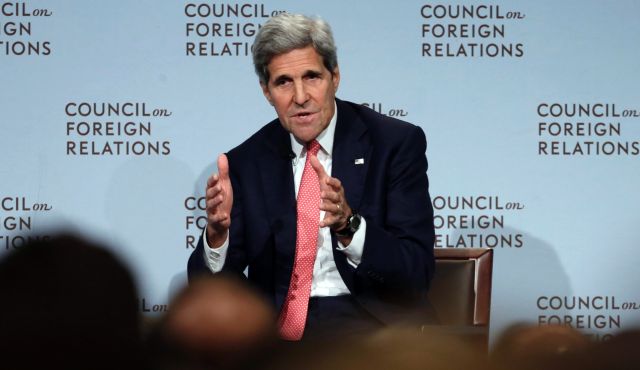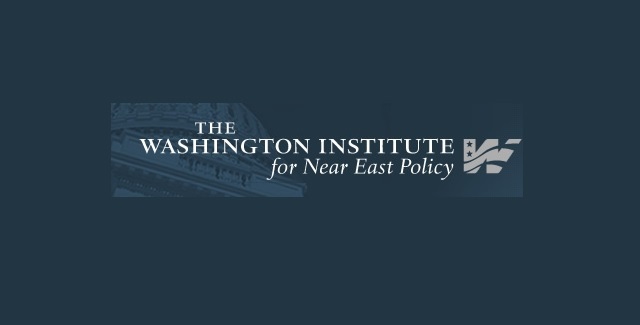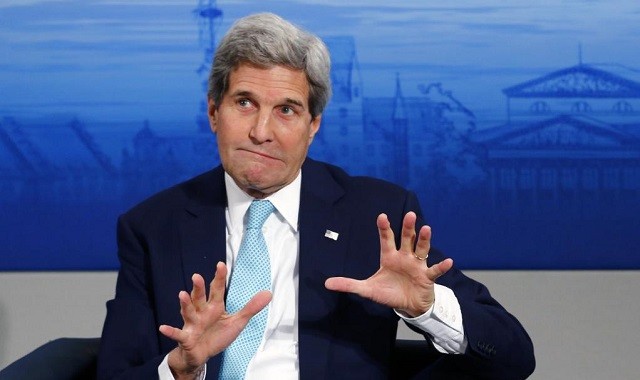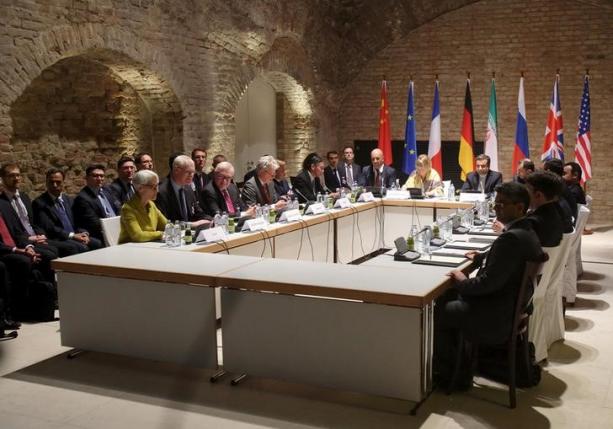Kerry: Israel and American Jews to Blame if Congress Rejects Iran Nuke Deal
Secretary of State Kerry speaking before the Council on Foreign Relations in Manhattan on Friday, July 24th, ‘blamed Israel” and by inference “American Jews” if Congress rejects the Iran nuclear pact. He said:
So, folks, I got to tell you, if this continues, what I’m witnessing, where there’s this fear that is governing the—and emotion that is governing people’s thinking about this program, I fear that what could happen is if Congress were to overturn it, our friends in Israel could actually wind up being more isolated and more blamed.
Watch Kerry’s presentation on the Iran nuclear pact at the CFR on this YouTube video:
His remarks indicated that he didn’t read the L.A. Jewish Journal Survey on the Iran nuclear pact issued on July 23rd, a day prior to his CFR presentation. In our Iconoclast post this past weekend about the Journal survey suggesting that half of American Jews polled 49% approved the Iran nuclear deal versus less than 28% of all Americans. If you add in his performance Thursday at the Senate Foreign Relations Committee warning Israel not to sabotage Iran’s peaceful nuclear energy program under the JCPOA then he has some reality problems. Kerry appears to have supped from the poisoned chalice of the Internationalist Jewish conspiracy the notorious Anti-Semitic Czarist forgery, The Protocols of the Elders of Zion. We hope that is not the case.
Rafael Medoff posted a response on The Weekly Standard blog yesterday, “Kerry Warns: Jews Will Be Blamed If Congress Sinks Iran Deal.”
Secretary Kerry made his remark in an address to the Council of Foreign Relations on July 24. He appeared to be not merely predicting that Israel might be blamed, but hinting that the Obama administration itself might do the blaming. And since the administration has repeatedly claimed that rejection of the agreement will lead to war with Iran, the implication of Kerry’s statement seems to be that Israel, the Jewish state, would be to blame for such a war. The possibility that the blame would be extended to Israel’s supporters in the United States has already been raised by President Obama himself, in his warning that unnamed “lobbyists” and “money” were trying to block the Iran deal.
The possibility that the blame would be extended to Israel’s supporters in the United States has already been raised by President Obama himself, in his warning that unnamed “lobbyists” and “money” were trying to block the Iran deal.
One unfortunate comparison brought to mind by this kind of talk is an episode involving the pundit and unsuccessful presidential candidate Pat Buchanan. In the months preceding the first Persian Gulf war, Buchanan charged that “there are only two groups that are beating the drums for war in the Middle East—the Israeli defense ministry and its ‘amen corner’ in the United States.”
In another broadside, Buchanan named four prominent supporters of war with Jewish-sounding names as being part of “the Israeli Defense Ministry’s amen corner in the United States.” He accused them of planning to send “kids with names like McAllister, Murphy, Gonzales and Leroy Brown” to the Persian Gulf to do the fighting.
New York Times columnist A.M. Rosenthal described that remark as a “blood libel,” and Anti-Defamation League director Abraham Foxman called Buchanan’s statements “an appeal to anti-Semitic bigotry.”
RELATED ARTICLE: Sharansky Calls on U.S. Jews to Stand Up to White House Over Iran Nuclear Deal
EDITORS NOTE: This column originally appeared in the New English Review. The featured image is of Secretary of State John Kerry speaking on the Iran nuclear deal at the Council on Foreign Relations on July 24, 2015. Photo by AP.




